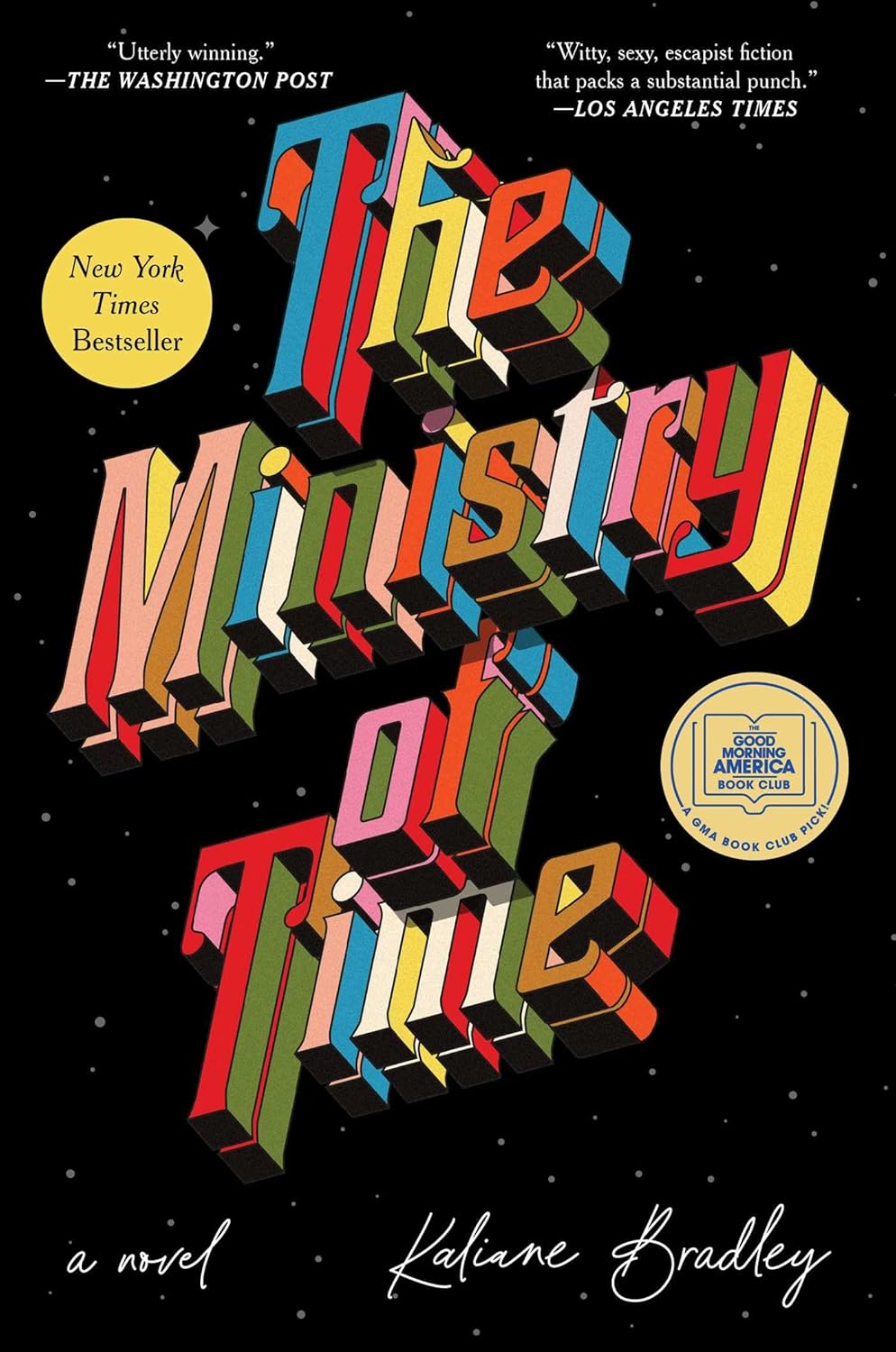Chapter 8
byChapter 8 unfolds against the backdrop of an unpredictable environment, with the characters caught between intense storms and sudden waves of heat. This erratic weather mirrors the emotional turmoil the characters experience as they attempt to reclaim a sense of normalcy in their new home. They cautiously salvage possessions, holding onto what little the Ministry has allowed them to keep, yet their environment remains uncertain and constantly shifting. Meanwhile, the Ministry itself falls into a chaotic lockdown phase, exacerbating the instability of their daily lives. Administrative teams struggle to manage technical difficulties with data migration, email errors, and malfunctioning communication devices. The chaos reaches its peak when Simellia finds herself stuck in a broken vestibule, sparking alarms and creating confusion. This moment of absurdity contrasts sharply with the tension that underpins their lives, further highlighting the fragile state of the world they occupy.
Amid the escalating disarray, the protagonist attempts to attend a scheduled meeting with Adela but is halted by the source of the ongoing disruption. The protagonist encounters Simellia, who is trying, and failing, to recite lines from Richard II on the other side of a stuck door. Once freed, Simellia’s physical appearance has changed significantly—her uniform is now loose on her thinner frame, and her hair has transformed into a wild Afro, a dramatic shift from her usual composed demeanor. Though the protagonist observes these changes, they choose not to comment, instead focusing on the unspoken tension that lingers between them. The interaction emphasizes the growing uncertainty and discomfort in their world, where every day brings new revelations. As the Ministry’s internal issues intensify, the protagonist is confronted with unsettling news about their colleagues who are facing increasing restrictions and even protective custody. These revelations add layers of fear and doubt, signaling that no one is safe from the Ministry’s growing control.
The narrative then shifts to a seemingly lighter spring outing, where the group visits a Turner exhibition, but even this moment of supposed respite is overshadowed by deeper issues. The outing, which could have been a chance to bond, is instead marked by the expats’ poor adaptation to their new environment. They engage in a bizarre and disconnected game of “ghost hunting,” which involves searching for familiar faces in unfamiliar places within the exhibition. This odd game reflects their struggles with integration, as they remain emotionally and culturally disconnected from their surroundings. Their light-hearted conversations, full of banter, only serve to highlight their discomfort and lack of meaningful engagement with the Ministry. The exhibition, instead of providing a moment of relief, becomes a mirror for the characters’ internal struggles and their inability to adapt to the new life they have been forced into.
As the group wanders through the exhibition, their emotions begin to surface, particularly for the protagonist, who is drawn to Graham. The beautiful Turner paintings serve as a backdrop for their complex emotional landscape, evoking feelings of both affection and anxiety. The protagonist is torn between their growing affection for Graham and the need to navigate the intricate dynamics of their relationship. The visit, intended to be a moment of escape, becomes bittersweet, as it reminds the protagonist of the fragile and complicated nature of their connections. Their relationship, marked by both intimacy and tension, serves as a poignant reflection of the broader uncertainties they face in the Ministry. The protagonist’s internal struggle is evident as they try to reconcile their personal desires with the professional and emotional burdens they carry.
Graham, too, grapples with his own emotional turmoil. His reflections on his past and the loss of his former life seep through during their interactions, revealing a depth of grief and longing that mirrors the protagonist’s own sense of displacement. The shared conversation about their struggles with identity, belonging, and loss highlights the emotional complexity of their relationship. The vulnerability between them is palpable, creating a moment of deep emotional connection amidst the broader chaos of their world. This interaction emphasizes the difficulty of navigating personal relationships within a system as controlling and unpredictable as the Ministry, where every decision and every bond is influenced by larger forces beyond their control. In the midst of this emotional exchange, both characters are reminded that their lives, shaped by grief and loss, are further complicated by the overwhelming influence of the Ministry in their everyday existence. The chapter closes on a note of unresolved tension, leaving the protagonist to reflect on the complexity of their situation, their relationships, and the ever-present influence of the Ministry over their lives.

